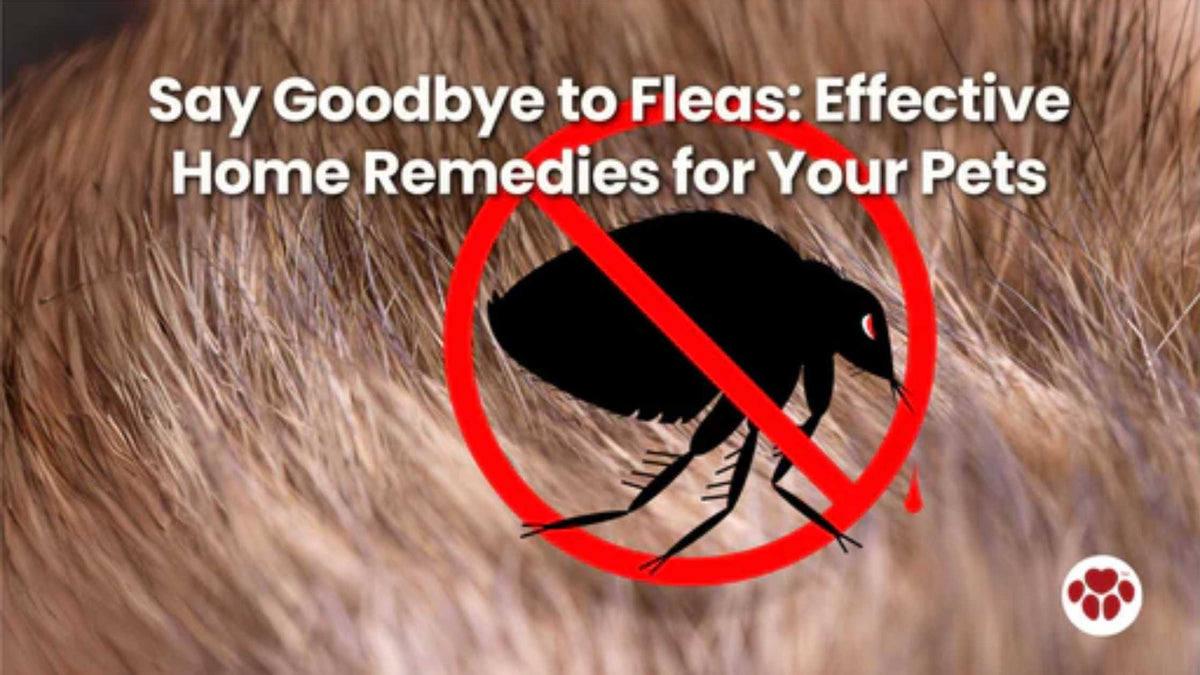
Say Goodbye to Fleas: Effective Home Remedies for Your Pets
|
|
Time to read 6 min
|
|
Time to read 6 min
Are fleas making your furry friend's life miserable? Say goodbye to those pesky pests with these effective home remedies. Fleas are not only bothersome for our pets but can also invade our homes if not dealt with promptly. Luckily, there are natural and safe remedies that can help eliminate fleas and keep your furry companion happy and healthy.
In this article, we will discuss the following:
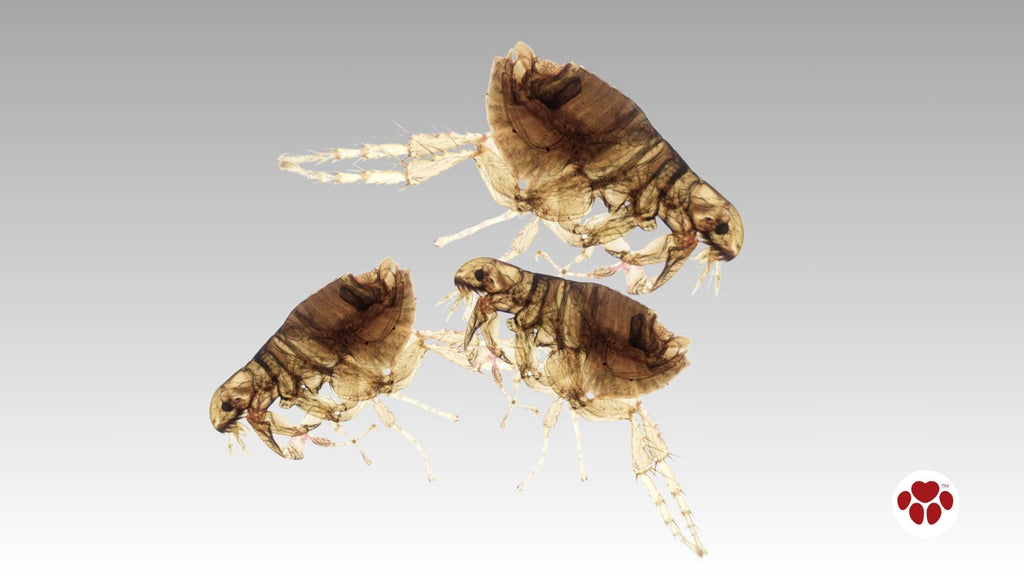
Fleas are tiny, wingless insects that feed on the blood of animals, including your beloved pets. These pests can cause a range of problems for your furry friend, including itching, scratching, and even allergic reactions. In severe cases, fleas can lead to anemia and transmit diseases (Richman and Koehler, 2007).
To effectively combat fleas, it's important to understand their life cycle. Fleas go through four stages: egg, larvae, pupae, and adult. The adult fleas are the ones you typically see on your pet, but they make up only a small percentage of the overall flea population. The majority of fleas are in their immature stages, hiding in your pet's bedding, carpets, and furniture.
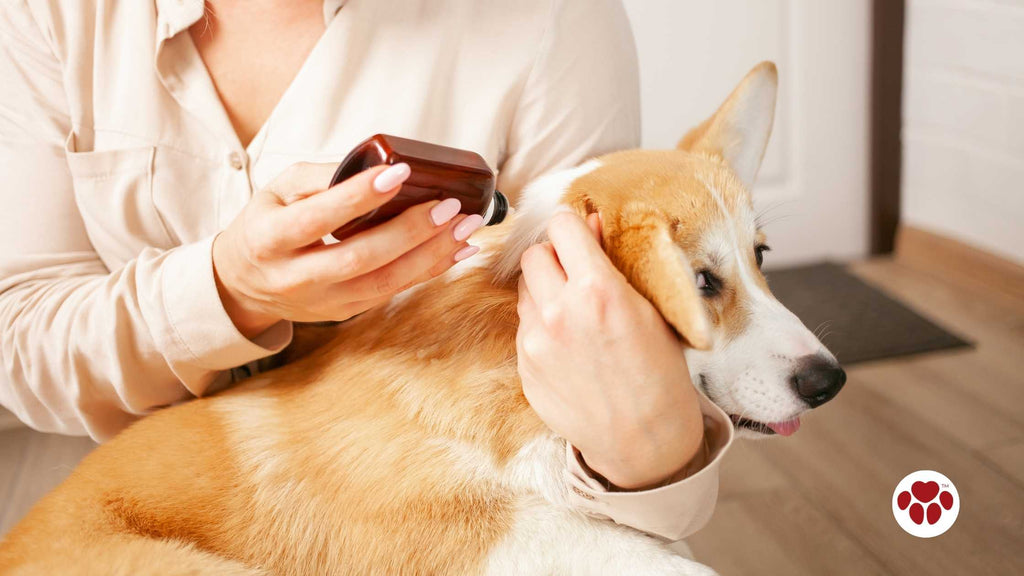
While there are plenty of commercial flea treatments available, many of them contain harsh chemicals that can be harmful to your pet and the environment. A report from Griffith-Greene of CBC News in 2014 stated that “more than 2,000 animals are reported to have died in North America since 2008 as a result of exposure to flea and tick treatment products.”
Common ingredients in these treatments, such as pyrethroids and organophosphates, have been linked to adverse effects in animals, including skin irritation, vomiting, and even seizures.
Additionally, some pets may have sensitivities or allergies to these chemicals, making them even more susceptible to adverse reactions. That's why it's important to explore natural home remedies that can effectively eliminate fleas without putting your pet's health at risk.
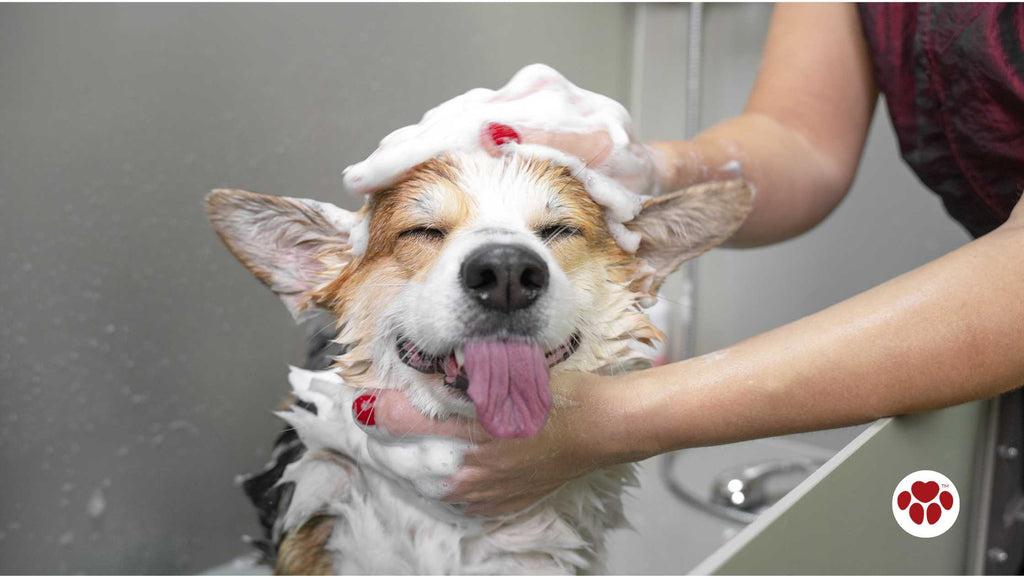
One of the most effective ways to combat fleas is through regular grooming. The CDC recommends bathe and brush pets regularly. Regularly brushing your pet's fur helps to remove adult fleas and their eggs. Additionally, bathing your pet with a mild, flea-repellent shampoo can help kill fleas on contact. Remember to use lukewarm water (Pagán, 2021) and ensure that the shampoo is safe for your pet's specific breed. Refer to "11 Essential Grooming Tips For Your Dog".
Creating your own flea spray or powder is a cost-effective and safe way to combat fleas. One popular recipe involves combining apple cider vinegar, water, and a few drops of essential oil, such as lavender or peppermint. This mixture can be sprayed onto your pet's fur, bedding, and around your home to repel fleas. Alternatively, you can create a flea powder by mixing baking soda and a few drops of essential oil, then sprinkling it onto your pet's fur and carpets (Mohapatra, Panda, and Martha, 2018).
Essential oils have long been used for their natural flea-repellent properties. “Essential oils and extracts from Schinus molle L. show 100% efficacy against adult Ctenocephalides felis felis fleas, but not against flea eggs,” according to the study by Des, et al titled “In vitro efficacy of essential oils and extracts of Schinus molle L. against Ctenocephalides felis felis,” 2016.
Moreover, the “Ocimum gratissimum essential oil shows the most effective in vitro activity against all flea stages, with potential for non-toxic products for flea control in dogs and cats,” according to the study by Santos, et al titled “In vitro activity of essential oils against adult and immature stages of Ctenocephalides felis felis,” 2019.
Oils such as lavender, eucalyptus, and citronella can be diluted with water and sprayed onto your pet's fur or added to their shampoo. The flea’s saliva causes Flea Allergy Dermatitis (FAD) and may leave wounds. “Lavender oil accelerates wound healing in dogs, reducing wound size and promoting healthy scar formation compared to black seed oil, ostrich oil, and cod liver oil (Nada, et al, 2015).
Eucalyptus leaf essential oil also has antimicrobial, antiseptic, antioxidant, wound healing properties, and insecticidal properties (Dhakad et al, 2018). Moreover, Citronellal possesses anti-inflammatory properties (Melo, et al, 2011) that can help cases of skin problems caused by fleas.
However, it's important to note that not all essential oils are safe for pets. Always do your research and consult with a veterinarian before using essential oils on your pets.
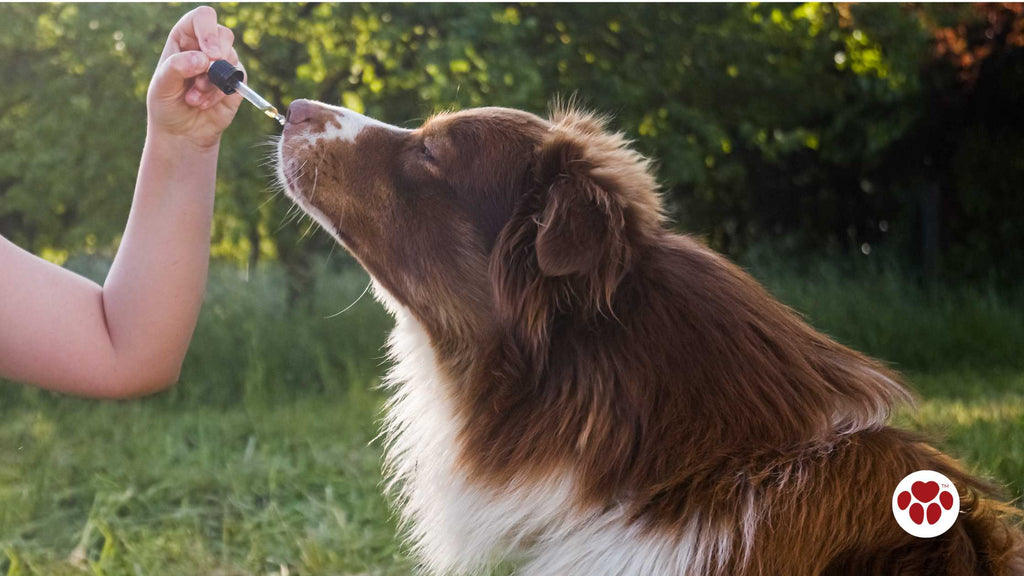
CBD oil, derived from the hemp plant, has gained popularity for its potential health benefits in humans. But can it also help with flea control in pets? While there is limited scientific research on this topic, some pet owners claim that CBD oil, such as CBD Full-Spectrum Happy-Furever Oil, has helped reduce itching and inflammation caused by flea bites.
It's believed that CBD's anti-inflammatory properties may help soothe irritated skin. “Cannabidiol (CBD) / cannabidiolic acid (CBDA) as an adjunct therapy decreased pruritus in dogs with atopic dermatitis, but not skin lesions,” according to the study by Loewinger, et al titled “The effect of a mixed cannabidiol and cannabidiolic acid based oil on client‐owned dogs with atopic dermatitis,” 2022. Read "Dogs' Allergy Alleviation: CBD Oil's Soothing Effects".
However, it's important to consult with a veterinarian before using CBD oil on your pet and to ensure that the product is specifically formulated for animals.
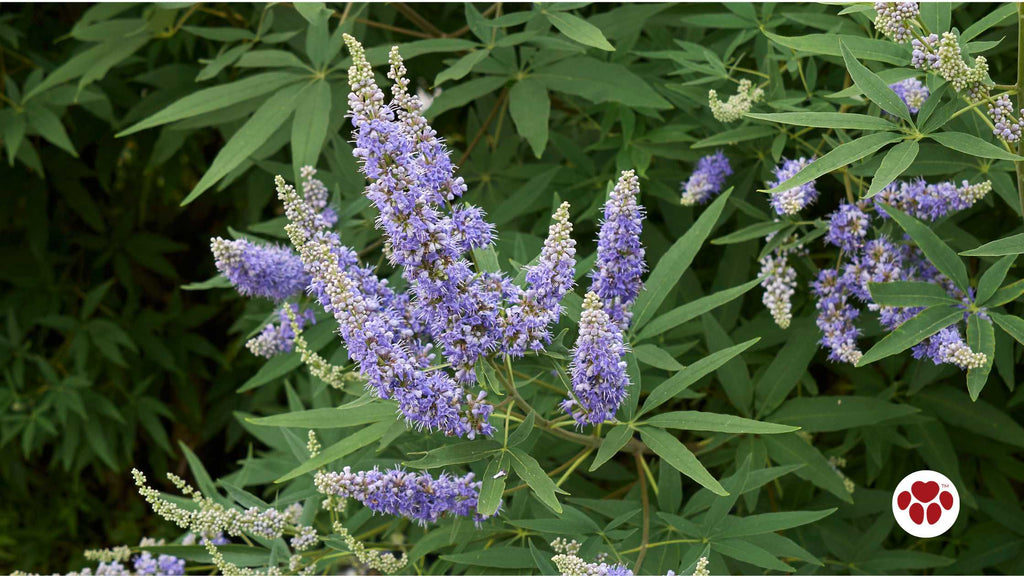
Did you know that certain plants can help repel fleas naturally? “A CO2 extract of Vitex agnus castus seeds effectively repels ticks, fleas, mosquitoes, and biting flies for at least 6 hours, making it a highly effective natural insect repellent,” according to the study by Mehlhorn, Schmahl, and Schmidt titled “Extract of the seeds of the plant Vitex agnus castus proven to be highly efficacious as a repellent against ticks, fleas, mosquitoes and biting flies,” 2005.
By incorporating these plants into your home and garden, you can create an inhospitable environment for fleas. Some examples of flea-repelling plants include lavender, rosemary, and mint. You can plant these herbs in your garden or use their essential oils to create a natural flea spray. Not only will your home smell wonderful, but you'll also be keeping fleas at bay.
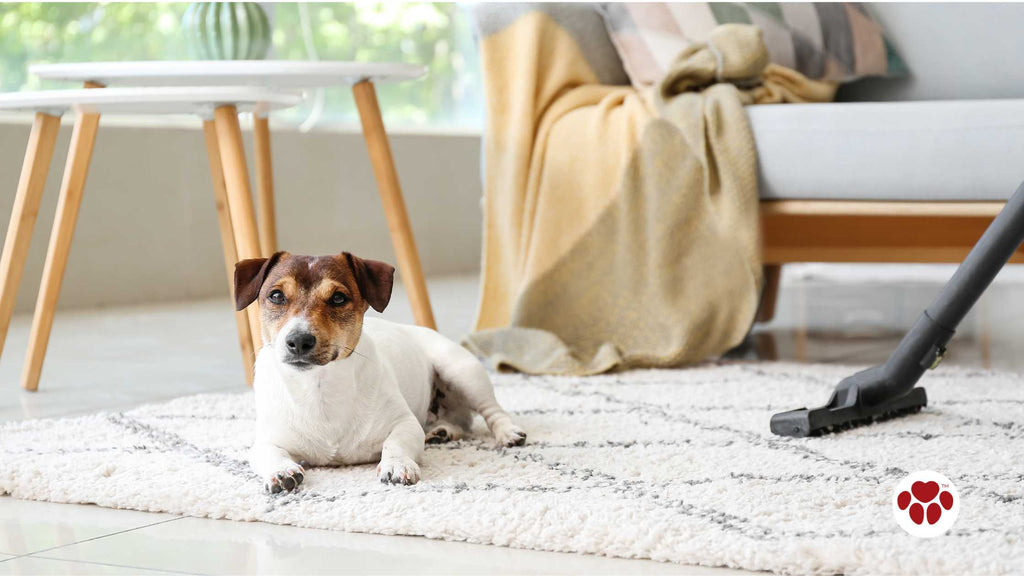
To effectively combat fleas, it's not enough to treat your pet alone. You also need to create a flea-free environment in your home. This involves thorough cleaning, vacuuming, and washing your pet's bedding regularly. Additionally, make sure to keep your outdoor areas clean and free of debris, as fleas can thrive in outdoor environments as well. According to USDA Animal Care Aid, keeping your property well maintained “discourages flea-carrying wildlife and rodents from visiting,” 2021.
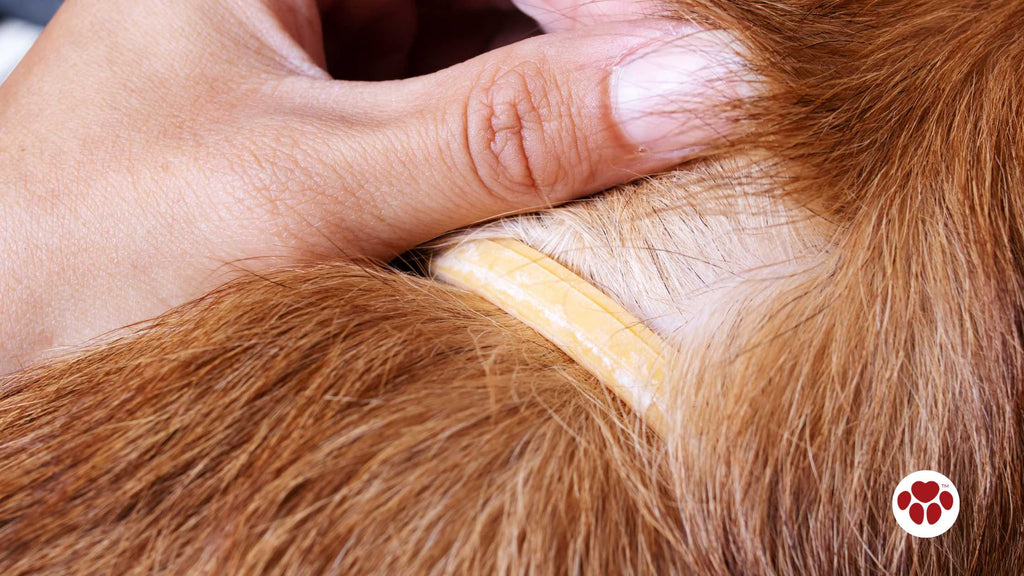
Prevention is key when it comes to flea control. To prevent future flea infestations, it's important to take proactive measures. Regularly inspect your pet for signs of fleas, such as excessive scratching or tiny black specks in their fur. Use flea preventatives recommended by your veterinarian, such as topical treatments or oral medications. Additionally, consider using flea collars or flea-repellent sprays when taking your pet outdoors. By remaining vigilant and proactive, you can keep fleas at bay and ensure your pet's well-being.
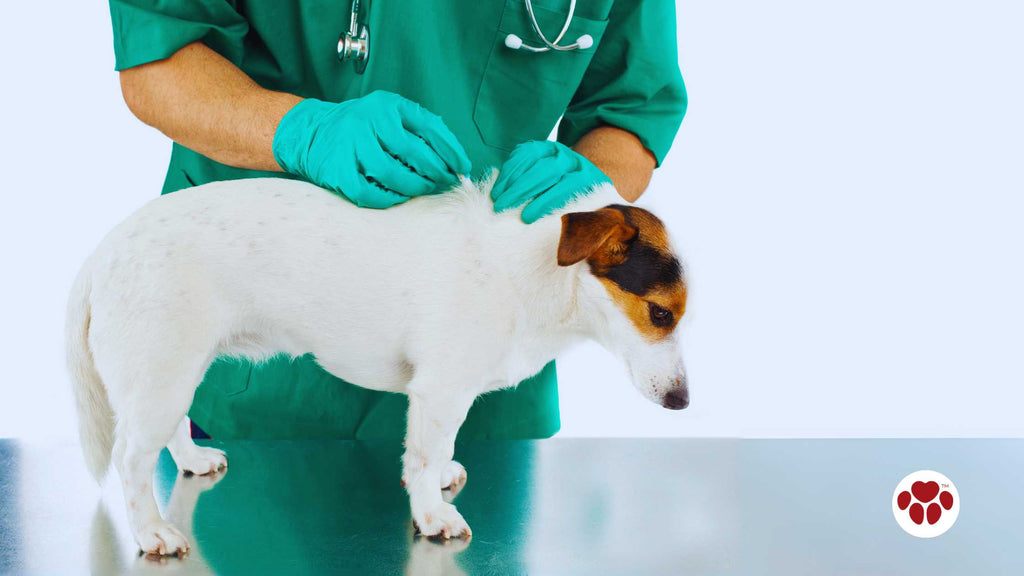
While home remedies can be effective in most cases, there are instances where professional help may be necessary. If your pet's flea infestation persists despite your best efforts, it's important to consult with a veterinarian. They can provide guidance on the best course of action and recommend prescription-strength treatments if needed. Remember, your pet's health and well-being should always be the top priority.
In conclusion, fleas can make your pet's life miserable, but there are effective home remedies that can help alleviate their suffering. By understanding fleas and their life cycle, using natural remedies, and maintaining a flea-free environment, you can say goodbye to fleas and hello to a happier, healthier pet. Remember to always prioritize your pet's well-being and consult with a veterinarian for professional advice when needed.